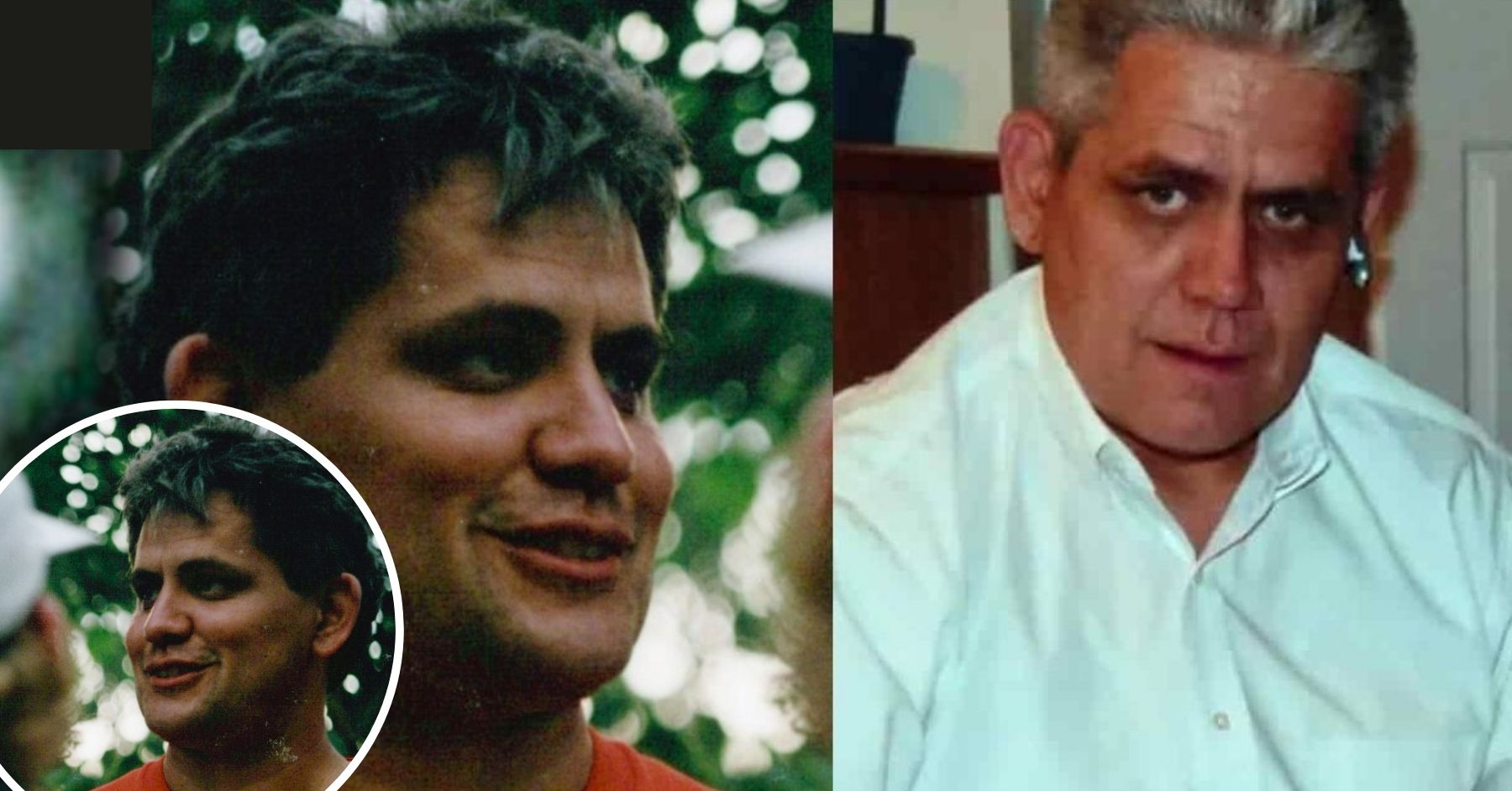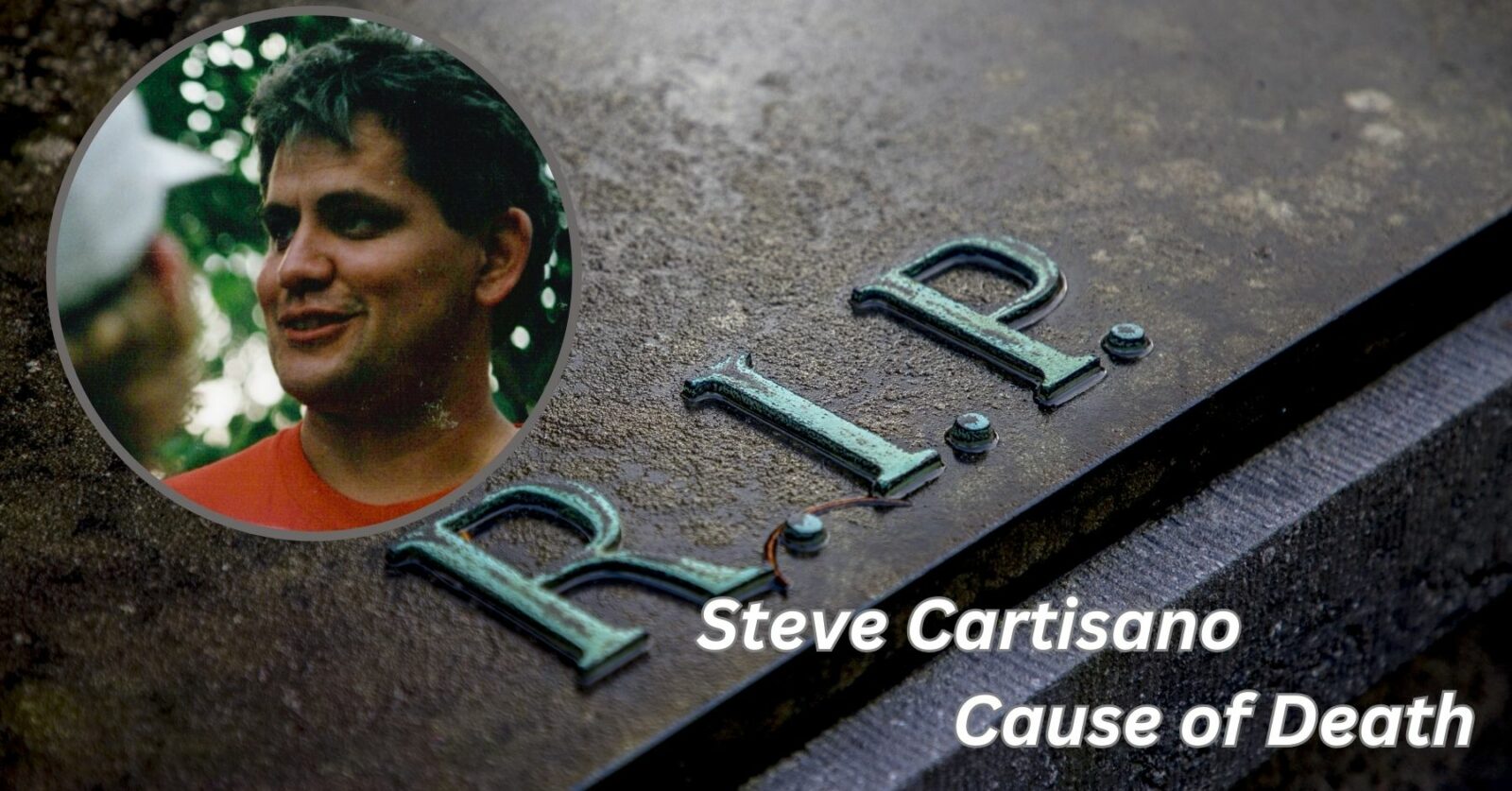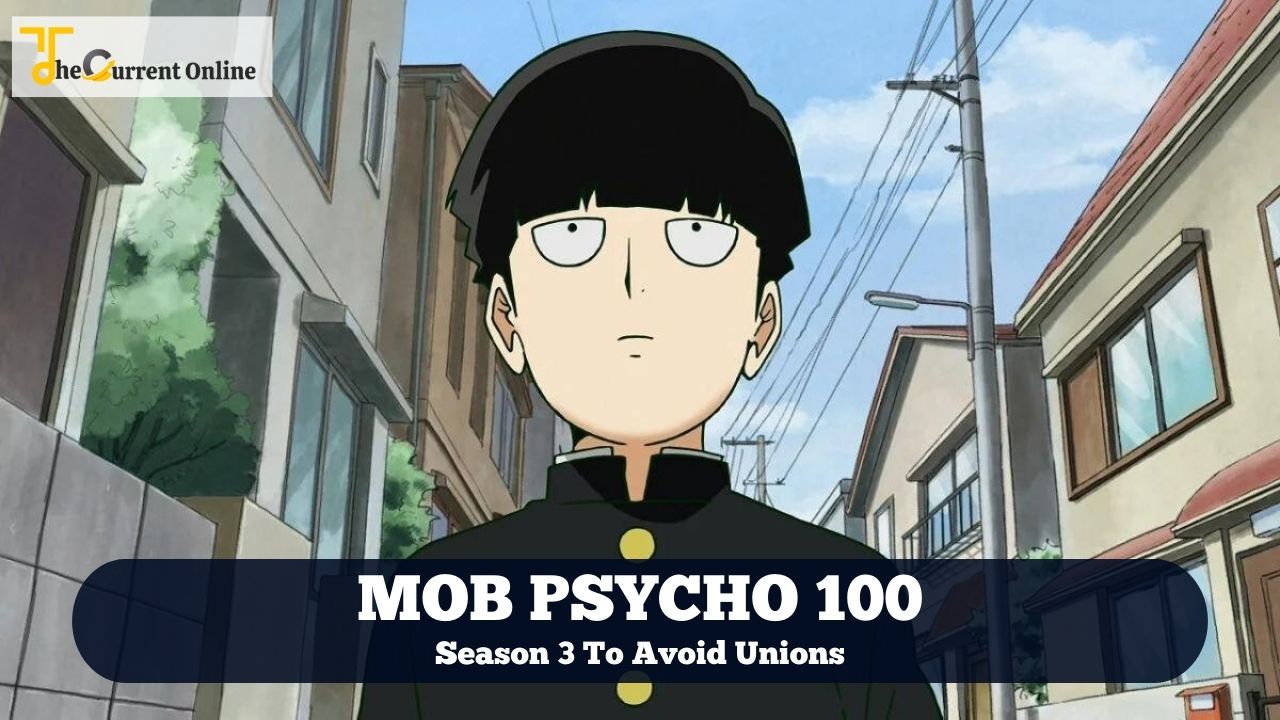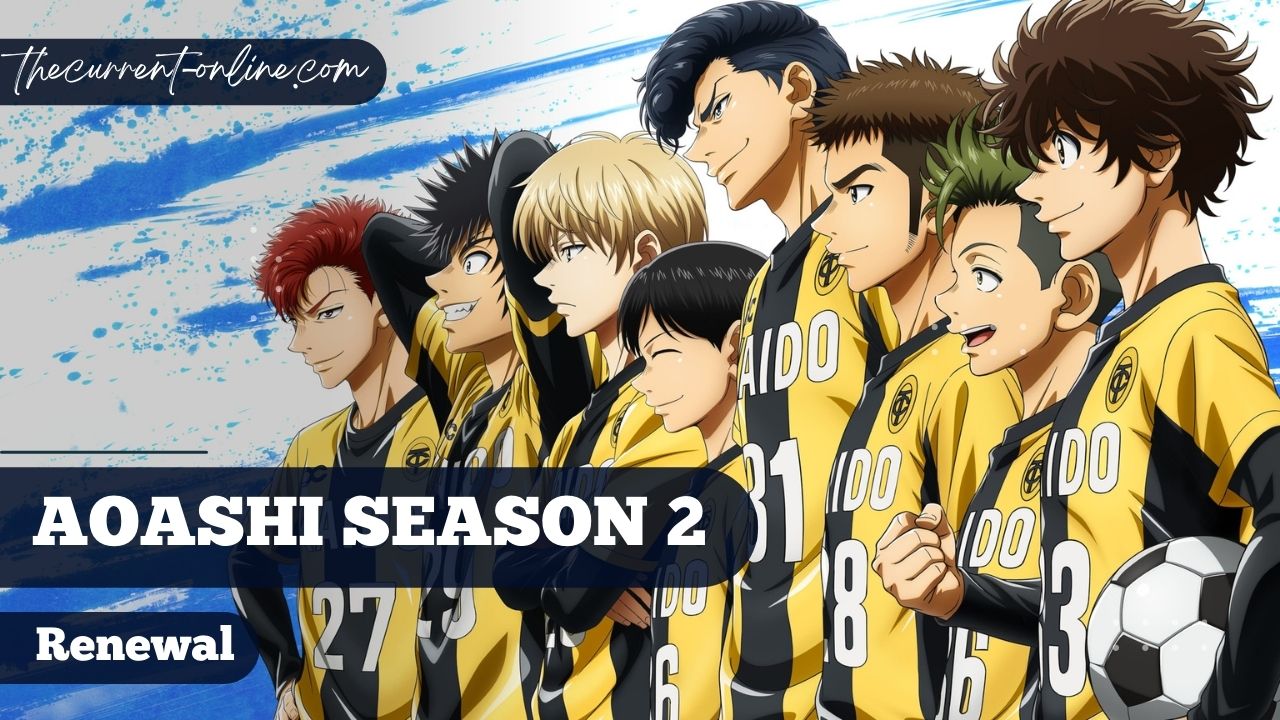On May 4, 2019, Steve Cartisano, the founder of Challenger, a wilderness therapy program for troubled youths, died accompanied by his children.
He was 63 years old at the time. Cartisano was a former Air Force Special Forces officer who pioneered a tough and aggressive style of outdoor teaching that drew both praise and criticism. In addition, he was named in other lawsuits, including one for negligent homicide in the death of a 16-year-old girl.
Cartisano’s Life and Career
Cartisano was born on August 15, 1955, in Modesto, California, to Anthony Cartisano and Bonnie Lou Coley. In Utah, Troy and Inez Harwell adopted him and nurtured him.
From 1974 to 1984, he served in the Air Force as a member of the 129th ARRS, Aerospace Para Rescue (Recovery Unit). He was regarded as “one of the best-trained survivalists in the military.”
Cartisano married Deborah Lee Carr in Provo, Utah, on December 15, 1978, and they had four children: Jennifer, Catherine, David, and Daniel.

He founded Challenger, a company that provides outdoor rehabilitation programs for children with behavioral and emotional disorders, in 1988.
He said that he utilized his “street smarts” to “break the kids down and build them back up” by imposing strict regulations, fines, and rewards. He also subjected his staff and former military members to military-style haircuts, strip searches, and drills.
Many wealthy and well-known clients attended Cartisano’s program, including the Rockefeller family and Oliver North. He also had an impact on Catherine Freer’s Wilderness Therapy Expeditions and North Star Expeditions.
However, his program was not without controversy, protests, and lawsuits, particularly following the death of Kristin Chase, a Florida teen who died of heatstroke on her fourth day in the program in 1990. In 1992, Cartisano was charged with negligent homicide and child abuse, but he was acquitted. In 1991, he declared bankruptcy, and in 1993, he lost his Utah operating license.
Cartisano attempted to reopen his firm in other states, including Arizona, Oregon, and Nevada but was met with more legal challenges and criticism from regulators and parents. He has renamed his organization several times, including Challenger II, Challenger Foundation, and American Foundation for Wilderness Therapy. He eventually moved to Oklahoma, where he lived until his death.
Cartisano’s Death and Funeral
Cartisano passed away on May 4, 2019, at the age of 63, following a long illness. His children, who were standing on either side of him, said that he cherished being a grandfather. He was also a member of the Church of Jesus Christ of Latter-Day Saints and a member of the Choctaw Tribe.
On May 11, 2019, a funeral ceremony was performed at The Church of Jesus Christ of Latter-Day Saints in Durant, Oklahoma. Bishop Roger Clawson presided.
Pallbearers included his children, brothers, and friends. His parents, adopted parents, in-laws, sister, and brother predeceased him. His children, grandchildren, ex-wife, brothers, half-siblings, nieces, nephews, extended relatives, and valued friends survive him.
Cartisano left a mixed legacy; some saw him as a visionary and a rescuer, while others saw him as a villain and criminal. He was a divisive character in the field of wilderness treatment, which has since grown and evolved. He left a trail of stories, testimony, and litigation that reflected the complicated and contentious nature of his work.
Disclaimer: This material was written based on information obtained from reliable sources. If you have additional information to share regarding this topic, please contribute in the comments below. Meanwhile, don’t miss the chance to explore our previously published articles to delve deeper into the world of knowledge.
- Bobbie Jean Carter Cause of Death: The Sister of Nick and Aaron Carter Who Died at 41
- Tanice Elizabeth Cause of Death: The Life and Legacy of a Fashion Influencer




